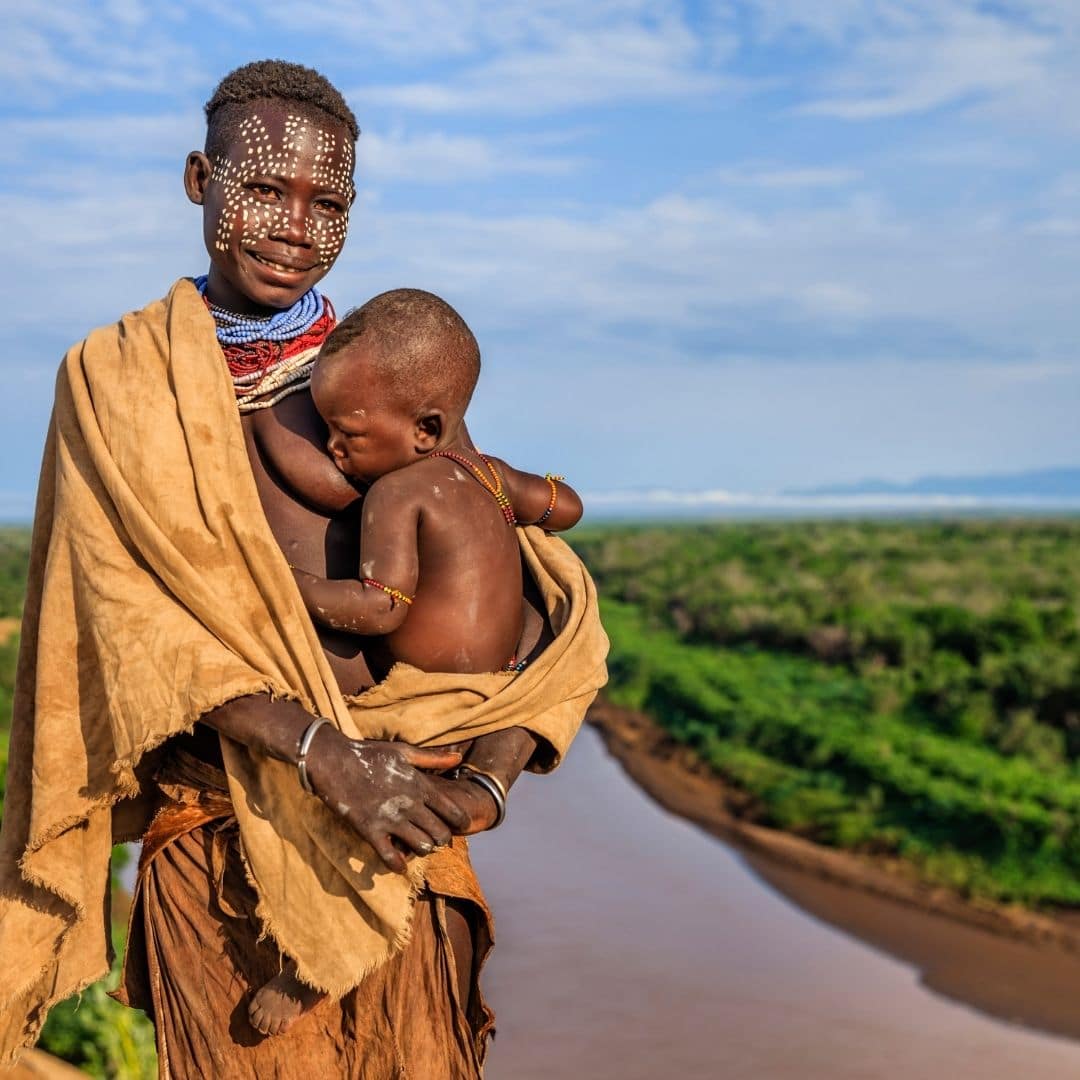Global, national and provincial experts recommend: The early initiation of breastfeeding within 1 hour of birth. Exclusive breastfeeding for the first 6 months of life. Continued breastfeeding up to 2 years of age or beyond, with introduction of nutritionally adequate and safe complementary (solid) foods at 6 months. To learn more, please visit: http://www.bfiontario.ca/lets-celebrate-national-breastfeeding-week-october-1st-7th https://waba.org.my/ https://worldbreastfeedingweek.org/
But, not all mothers can or want to breastfeed…
The Baby-Friendly Initiative knows that there are medical and personal reasons for the use of infant formula. Families that make an informed decision to formula feed are encourage to get individual guidance and support. There are risks to formula feeding, however, there are ways to reduce these risks. To learn more, please visit: http://www.bfiontario.ca/lets-celebrate-national-breastfeeding-week-october-1st-7th https://waba.org.my/ https://worldbreastfeedingweek.org/
What does infant feeding have to do with the environment?
Breastmilk is a natural, renewable food that’s environmentally safe because it’s produced and delivered to the baby without pollution, packaging or waste. Infant formula requires farming, storage, pasteurization, processing, packaging, shipping and recycling. Also, the dairy industry is a large contributor to methane emissions. Feeding infant formula leaves a major environmental footprint that contributes to the depletion of natural resources, … Read More
I Can Breastfeed My Baby During a Growth Spurt
Most babies have several growth spurts during the first 6 months of life. Typically, growth spurts will happen around 7-10 days, 2-3 weeks, 6 weeks, 3 months, and 6 months. These are times when your baby’s brain and body are developing at a rapid pace! You may notice that your baby is fussier, not sleeping as often and showing feeding … Read More
I Can Include My Partner in the Care of My Baby
Picture this: You awake in the morning, after a sleepless night, where your baby wanted to feed every hour, on the hour. You are tired and have just enough energy to get your baby latched to feed one more time but there are so many things that need to get done. So, what do you do? Sometimes it’s difficult to … Read More
Where Can I Get My Flu Shot?
Getting your yearly flu shot is the best way to protect yourself and your family from getting influenza. The vaccine arrived for public use in Chatham-Kent in October. Certain people are at a greater risk for serious complications if they get the flu. Examples are older people, young children, pregnant women and people with certain health conditions like asthma, diabetes or … Read More
Stop! Clean Your Hands!
Hand cleaning is very simple. It is the best way to reduce the spread of bacteria and viruses such as the flu and MRSA after you’ve touched a potentially contaminated surface at the gym, at work or school, or at home or if you are dealing with a nasty cold. www.handhygiene.ca recommends that we clean our hands for at least 20 … Read More
Is There a Baby in Your Future?
Your health (men and women) during the years you are able to have a baby is called preconception health. Whether or not you plan to have a baby one day, preconception health is about taking charge of your health, choosing healthy habits and feeling good about your life. If you aren’t planning a pregnancy, keep in mind that no one expects … Read More
What can a living wage buy?
A living wage helps working families make enough money to cover reasonable costs. It encourages social inclusion and supports healthy child development. A living wage also helps make sure families are not under severe financial stress. Expenses included in a living wage are based on local costs with input from the community. These expenses usually include food, clothing and footwear, shelter and utilities … Read More
Finding it hard to pinch pennies?
With more working families finding it harder to make ends meet, a living wage may be the answer. A living wage is the estimated hourly rate of pay that enables working families to afford basic everyday expenses and to be able to participate in their community. The hourly rate is based on the living expenses of a family of four with both parents … Read More
Let’s Start a Conversation! part 5
Health = Community belonging A community that offers support, respect, & opportunities to particpate helps us all be healthy. Feeling included makes a difference! To learn more, check out this video! Video produced by the Wellesley Institute
Let’s Start a Conversation! part 4
Health = having a vibrant middle class A community is healthier if everyone gets their fair share of money. This means that in communities where the gap between the rich and poor is smaller, the healthier everyone is. In Canada, however, this gap is growing. This is causing a shrinking middle class and creating a group of people who work but … Read More
- Page 1 of 2
- 1
- 2












